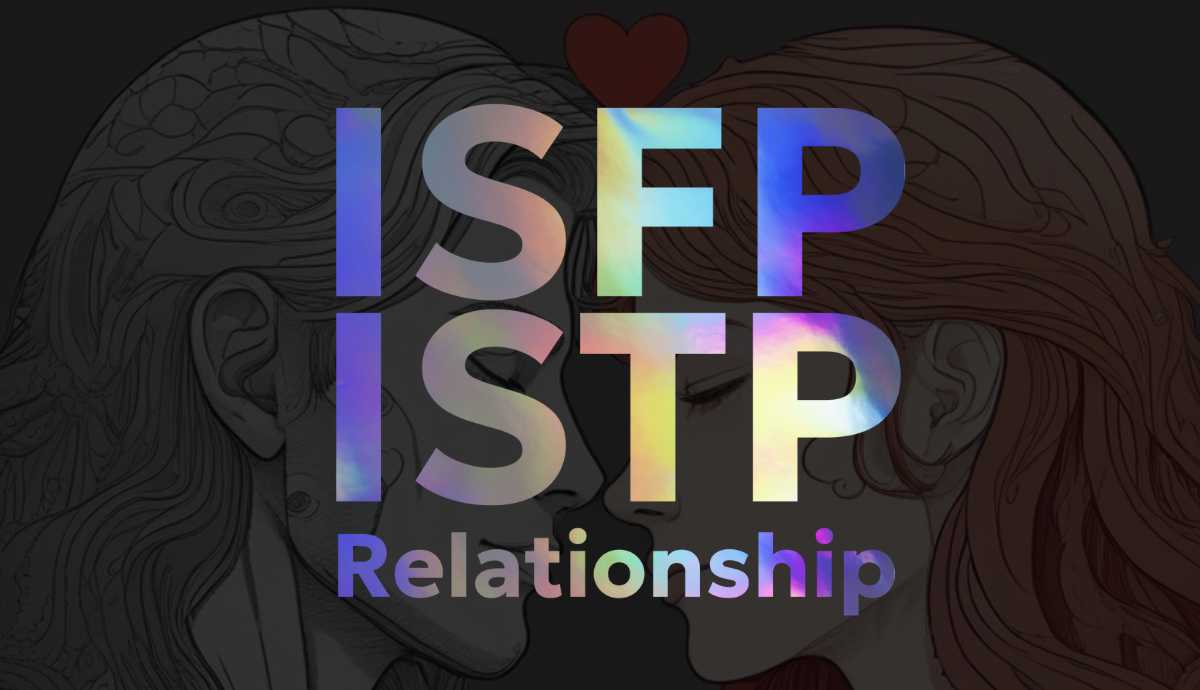The ESTJ is one of the 16 Myers-Briggs personality types. They are one of the 4 types comprising the guardian temperament group, along with ISTJ, ESFJ and ISFJ. They have been dubbed as, “The Logistical supervisor”, “the Guardians”, and “the executive”. Among their strengths is their reliability and diligence, organization ability, and ability to take charge and make effective decisions. As with the other MBTI personalities, there is also a number of difficulties that come with this type. Here are 7 weaknesses associated with being an ESTJ.
1. Closed Mindedness.
As the vanguards of convention, tradition and institutions, ESTJs tend to have very conservative leanings. Their emphasis on pragmatism and conventionality makes them somewhat narrow-minded and largely unmoved by the idealistic notions and perspectives of other people. Furthermore, ESTJs tend to be very firm in their views and opinions and so debating with them and trying to change their mind will often prove a herculean task if not a futile endeavor. ESTJs will generally base their views on what they consider to be incontrovertible and empirical facts. In actuality, it may often be that ESTJs do not realize the degree to which their implicit and subjective biases inform how they interpret facts. With their inferior Fi, ESTJs can be inclined to treat their subjective values much like unassailable truths.
2. Being Overbearing.
ESTJs can be bossy control freaks and micromanagers to the chagrin of the people around them. With their strong personalities and natural urge to take charge and tell people what to do, ESTJs can sometimes look like a tyrant. They can be hypercritical and condescending and inclined to lecture people on how things should be done. These tendencies can make ESTJs seem oppressive, hard to please and too controlling at times. As parents, friends and lovers, ESTJs often demonstrate their love by making a lot of decisions for others with what they believe to be their best interests in mind. Although their intentions are often well-meaning, their tendency to take control can sometimes come across as intrusive, constricting and an infringement on people’s sense of autonomy, freedom of choice and individuality.
3. Insensitivity and Abrasiveness.
ESTJs are direct in their style of communication and they generally have little to no qualms about telling it how it is or at least how they see it. Focused on their objectives, ESTJs have less regard for personal concerns and interpersonal harmony and more concern for logistical efficiency. Along with ENTJs, ESTJs are among the more confrontational and forceful personality types. Empathy and diplomacy come secondary to their bottom line objectives. When they are trying to get their point across, disseminate information and get things done, they can be very cut and dry and more concerned with making themselves well understood than making people happy. They don’t pay much attention to their own feelings, let alone that of others and so empathy and emotional awareness presents a type of blind spot for them. Their bluntness and lack of tact can often run roughshod over the sensitivities of others, especially when they are under stress and unhappy. Even their humorous remarks can be bitingly sardonic and hurtful.
4. Intolerance.
ESTJs are more inclined to cast judgement and jump to conclusions about people rather than seek to understand them better. “To live and let live” is not a motto that ESTJs are likely to live by. They are not as generous or accommodating as the ESFJ who is compelled to go out of their way to avoid alienating other people whether or not they truly understand them. ESTJs have a more staunch attitude about what is right or wrong, appropriate or inappropriate. They exhibit a certain inflexibility and a greater inclination to impose their value systems or enforce regulations with unapologetic rigor. ESTJs tend to have less tolerance and patience for people who want to express their individualism at their expense or fail to perform to their standards.
5. A Concern for Status and Prestige.
For ESTJs, image and reputation are very important and they strive to become a person who is deserving of respect and good means. This desire for respectability can make them very professional but also cultivate a preoccupation with appearances that leads them to go out of their way to acquire superficial tokens of validation. Although they may work hard to earn what they desire, ESTJs can get caught up with somewhat materialistic pursuits for the sake of bolstering an image they are trying to project. Their inferior Fi, can manifest as feelings of inadequacy and self doubt that drives them to compensate or overcompensate through external means.
6. Being High Strung.
ESTJs can experience a high degree of stress because of how hard they often push themselves. Their thoughts are often preoccupied with the various plans and projects they are involved with. They can find it difficult to really relax as they are ever-worried about doing a good job of keeping everything together. Complications and sudden changes to their plans can easily stress the ESTJ out as they scramble to perform damage control. Furthermore, ESTJs can be overly serious and find it difficult to lighten up when they feel their reputation is at stake. They seek to avoid looking like a fool and so if other people’s screw-ups and performance issues come at their expense, there will be hell to pay.
7. Dealing with and Expressing Emotion.
As a Te-dom, ESTJs are more cerebral and less emotive. They deal with emotional issues by either ignoring them or relying on professional help or guidance from a trusted figure they defer to. ESTJs may be guilty of not offering enough emotional support and encouragement to their loved ones. Amongst their peers, ESTJs don’t care to express themselves in emotionally vulnerable ways. Anger and joy may be on display, but fear and sadness are something they avoid telegraphing to others. With their inferior Fi, ESTJs are not naturally comfortable dealing with their unwanted feelings and acknowledging anything that they perceive as a sign of weakness. They do not want to compromise their image of stalwart strength and dignity and can consequently repress and bury their feelings in unhealthy ways.
Want to know your astrology placements? You can generate your astrology chart here with our free birth chart generator tool.
related posts:
- ENFJ Weaknesses – 7 Struggles of Being ENFJ
- ISFJ Weaknesses – 7 Struggles of Being ISFJ
- ENTP Weaknesses – 7 Struggles of Being an ENTP
- ENTJ Weaknesses – 7 Struggles of Being ENTJ
- ESFJ Weaknesses: 7 Struggles of the ESFJ Personality
- ISTJ Weaknesses – 7 Struggles of Being ISTJ
- INFP Weaknesses – 7 Struggles of the INFP Personality
- ENFP Weaknesses: 7 Struggles of Being ENFP
- INTJ Weaknesses: 7 Struggles of Being INTJ
- INTP Weaknesses: 7 Struggles of being INTP
- INFJ Weaknesses – 7 Struggles of the INFJ Personality
- ESFP Weaknesses – 7 Struggles of Being ESFP
- ESTP Weaknesses – 7 Struggles of Being ESTP
- ISFP Weaknesses – 7 Struggles of Being ISFP
- ISTP Weaknesses – 7 Struggles of Being ISTP
- 12 Shades of ESTJ: MBTI & the Zodiac
- 6 High Paying Careers For ESTJs
- American Presidents Ranked By Zodiac Sign - January 20, 2025
- ESTP and ESFP in love: 6 Dynamics of Their Relationship - September 4, 2024
- ISFP and ISTP in love: 5 Dynamics of their Relationship. - August 28, 2024





